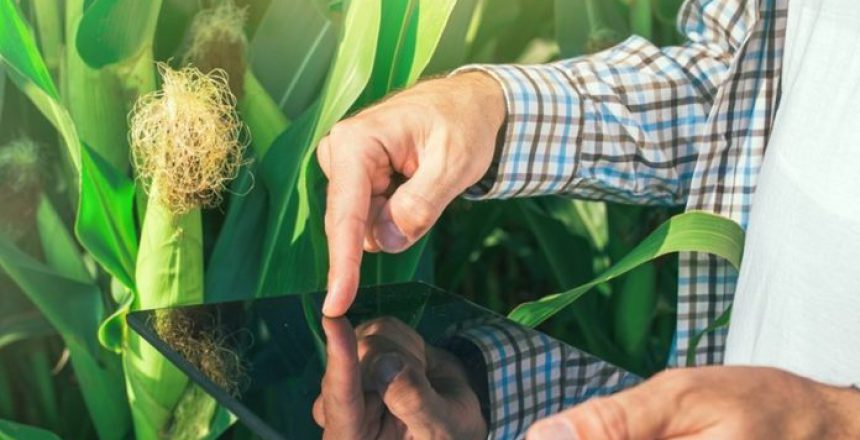Africa needs more innovation in the agricultural sector that is both affordable and sustainable if it is to improve its levels of food security, says Dr Max Wengawenga, Assistant Chief Economic Advisor to the President of the Republic of Malawi.
Dr Wengawenga, who will be speaking at the Agritech Africa 2020 conference in Cape Town in June next year, says technology has the potential to make a meaningful impact on food. It is not a new concept, he says, as innovation and technology have been used to improve agricultural productivity over the years.
“However,” he says, “In Africa, my message to innovators would be that they should come up with more user-friendly and affordable technologies to increase food productivity, even among the resource-poor farmers.”
Food security has been a topic of heated debate in South Africa recently with the proposed constitutional amendment to expedite land reform. Food security is intricately tied to a healthy and strong agriculture sector.
President Cyril Ramaphosa is acutely aware of this, saying at the time of announcing the African National Congress’s intention to amend Section 25 of the constitution: “The intention of this proposed amendment is to promote redress, advance economic development, increase agricultural production and food security.”
The chairperson of the Presidential Expert Advisory Panel on Land Reform and Agriculture Dr Vuyo Mahlathi called on the president in July this year, when handing over the recommendations of the panel, to expedite land reform in a way that will not compromise the country’s food security.
What is food security?
The United Nations Food and Agriculture Organisation (FAO) defines it as existing “when all people, at all times, have physical, social and economic access to sufficient, safe and nutritious food which meets their dietary needs and food preferences for an active and healthy life”.
Closer to home, South Africa is still largely recognised as a food-secure country. Most of these people lack the financial means to access food, and so it becomes clear that besides being able to physically produce food, a country needs sufficient economic opportunities to help reduce the number of food insecure people. Food is a fundamental human right. South Africa’s unique situation highlights that dealing with food security very often goes beyond the actual production of food.

